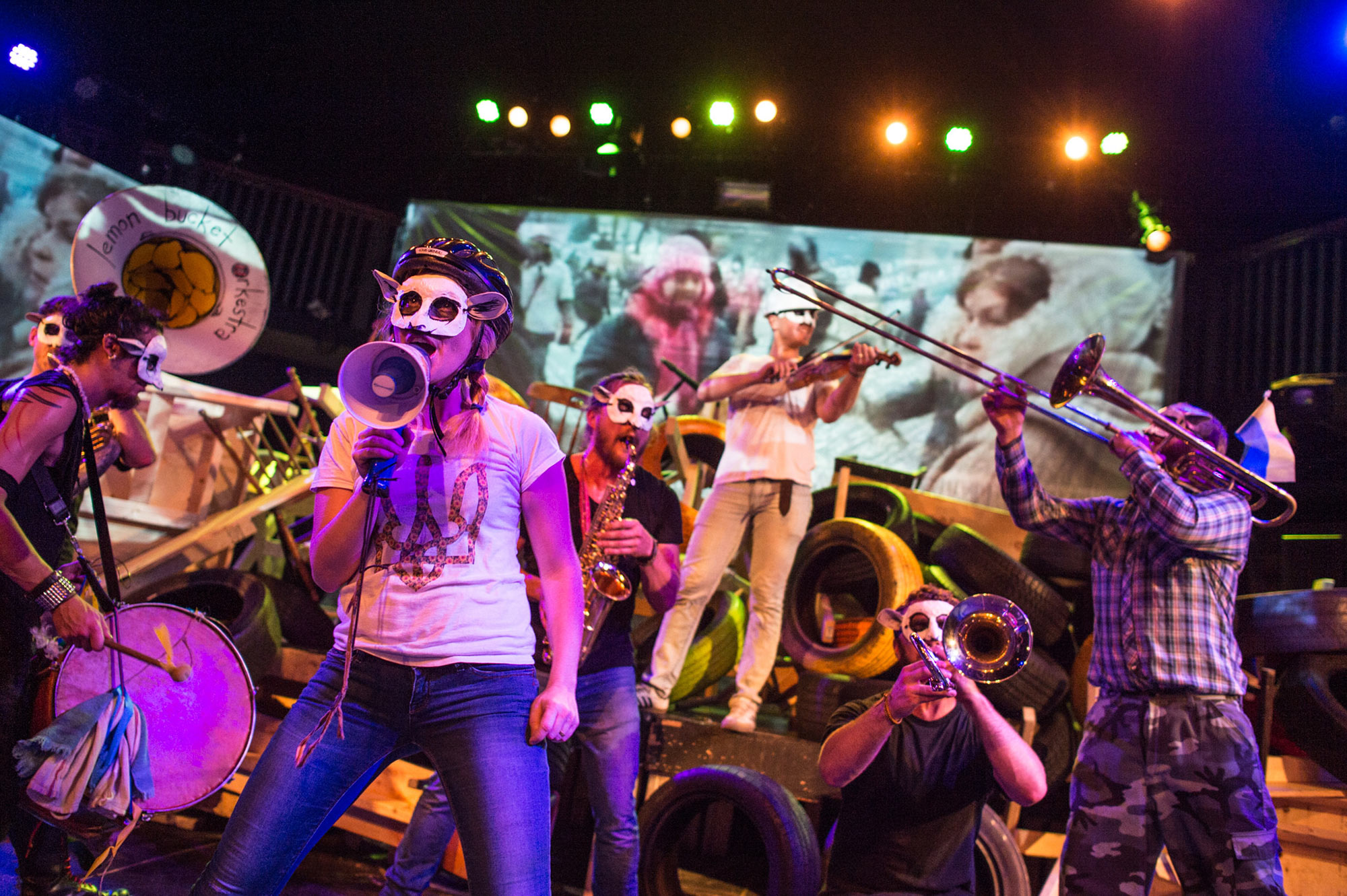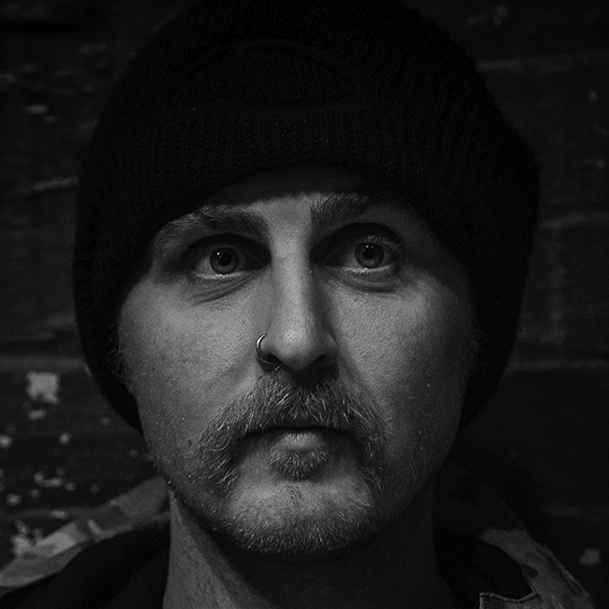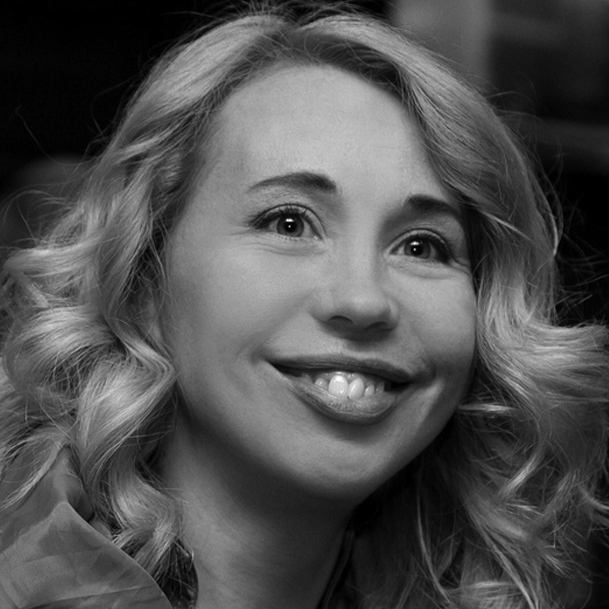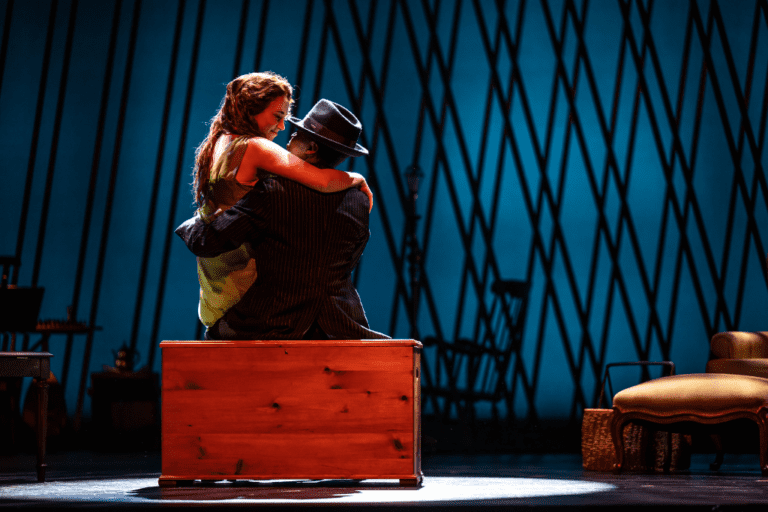Love and Revolution
We met behind a barricade of burning tires and bus carcasses in the sooty streets of a city in revolution. It was January and it was twenty below; the smell of fire barrels and cigarettes was thick in the air and the weight of the first protestor deaths at the hands of riot cops was heavy on the hearts of Kyiv’s self-mobilized citizens. I had wandered down to Independence Square to check out what the protests were all about and caught Marichka and her group Bozhychi singing a requiem for the departed from the stage…
We got to know each other while sipping tea under the iconic flag-and-slogan-draped Christmas tree, shovelling snow into white canvas sacks for the front line, sorting medical supplies and clothes in the corridors of the occupied city hall, and singing ballads to exhausted yet unrelenting demonstrators. Though I was supposed to be working on a score for a film about the 1933 famine and Marichka was supposed to be preparing for a three-month tour to India, we spent our days walking with, talking to, and writing about “revolutionaries”—farmers, mechanics, teachers, chemists, lawyers, entrepreneurs, taxi drivers, doctors, and musicians—people like us and not like us who dropped everything they were doing to help in whatever way they could.
We fell in love in a cloud of tear gas, screaming and crying over the joyless fireworks and church bells from a dozen cathedrals blazoning war. We watched those same farmers, mechanics, teachers, chemists, lawyers, entrepreneurs, taxi drivers, doctors, and musicians literally tear the street into pieces to hurl at the well-armed government forces. We ran into burning buildings to salvage medical supplies and evacuate people who were too injured to run out of those buildings themselves. We learned about each other in three days what most people take a lifetime to figure out, during relentless attacks that ultimately resulted in the president fleeing, the cops fleeing, sniper shootings, Crimea being annexed, and a separatist movement that served as a front for Russian invasion.
We dreamed up this guerrilla folk opera in the back of a Luhansk-bound humanitarian aid truck on a mattress of bulletproof vests and arctic sleeping bags. We couldn’t sleep and so we resorted to counting sheep…
* * *

Photo by Dahlia Katz
That folk opera we dreamed up is an experiment in understanding the effects of revolution on ourselves, our friends and family, our community, and on complete strangers. We wanted to share what it felt like to become immersed in and obsessed by the sudden burst of humanity, celebration, and self-actualization that we experienced while on the Maidan. We wanted to consider to what extent that feeling is particular to this revolution and to what extent there is something universal in it.
The particular found its most confident voice in Marichka’s life work— traditional polyphony from central and eastern Ukraine that vocalizes centuries-old trauma and pleasure in ways that are shockingly visceral today. Coupled with first-hand footage from the protests that we ripped off YouTube (before they were removed from the web) and an endless barrage of beetroot, buckwheat, and pork fat, there can be no doubt that the show is set in Ukraine.
The show could have no heroes because on the ground (as opposed to in the media) there were no heroes and everyone was a hero. The plot had to be unique to every character and the audience had to be characters because that was the nature of the revolution—if you were there, you were a part of the story in your own way, whether you were a deeply engaged local or a curious foreigner. You were the story.
How do our stories intersect in such a high pressure container? Some of us fall in love and get married (we’re not the only ones), some of us take up arms against our perceived aggressors, some of us mind our own business and try not to get involved. What’s your story?

Photo by Dahlia Katz
We are all sheep of one flock or another. Sometimes it’s hard to believe and accept that we’re being led. Other times, we find comfort in it.
We’re all counted, I suppose—in the government, in the army, at work, at school, at the bank, at the bakery, in god’s plan—but in revolution we are not all accounted for because the system of counting and accountability itself becomes destabilized…
Revolution is mass movement enacted by someone or something that wants to change the direction of a flock or flocks. And change in direction is not necessarily a bad thing. The thing is, everyone wears sheepskin these days and sometimes it’s hard to tell who is the wolf and who is the shepherd.
* * *
The revolution never ended. It morphed seamlessly into a war that enveloped the whole country in its economic, political, and psychological implications, no matter what skin you were wearing. Unfortunately, we couldn’t do much to alter that movement. But we can repeatedly stage a revolution, the kind that for a brief moment in history allowed us to peel back our layers and find our humanity.










Comments